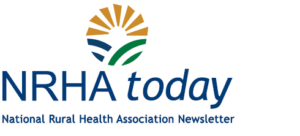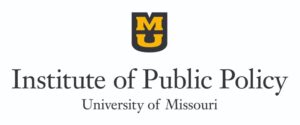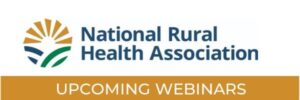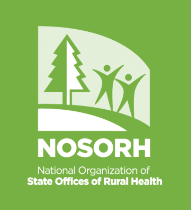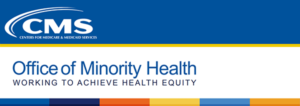May 2, 2023

USDA Mental Health Awareness Month Workshop Series Starts in May
You’re invited to the USDA Mental Health Awareness Month Workshop Series taking place on Tuesdays starting May 9 through June 6, 2023 from 2:00-3:30pm ET. The workshop series convenes farmers and ranchers, faith leaders, rural health providers, USDA employees, and Federal, state, and university partners to dialogue and discuss mental health challenges, stressors, and the resources and services available to address them. Click here and see below for more information and to register.
Farm Stress and Suicide Prevention: Data, Challenges, and Opportunities co-hosted by the American Farm Bureau Federation
Tuesday, May 9, 2023, 2:00 – 3:30 PM ET
Register
This session provides context for the issue of farm stress and suicide by focusing on available data, challenges, and opportunities for farm stress researchers, practitioners, and service providers. Panelists include the National Association of State Departments of Agriculture, the American Farm Bureau Federation, Farm Aid, and others to discuss the state of the field and offer insights into their respective partner programs, resources, and emergent needs.
Veteran’s Mental Health and Suicide Prevention Workshop
Tuesday, May 16, 2023, 2:00 – 3:30 PM ET
Register
Rural Veterans experience a significantly increased risk of suicide. In this workshop, you will learn how to act with care and compassion if you encounter a Veteran who is in crisis or experiencing suicidal thoughts.
Rural Mental Health Matters: Challenges, Opportunities & Resources for Communities cohosted by the National Association of Behavioral Health and Development Disability Directors
Tuesday, May 23, 2023, 2:00 – 3:30 PM ET
Register
This session focuses on the resources and tools that are available in rural places, where over 60% of Americans live in mental health provider shortage areas. Speakers will examine current programs focused on giving rural and frontier communities the tools they need to thrive through creative problem solving. With perspectives rooted in rural services, behavioral health, and technology, the presentations and follow-on conversation will explore the importance of increasing the efficiency of providers in rural areas and other solutions, to challenges that rural communities face to ensure community wellbeing and economic prosperity.
Farm Stress and Suicide: Faith, Place, and Community Health
Tuesday, May 30, 2:00 – 3:30 PM ET
Register
This session provides an overview of the USDA Center for Faith Based and Neighborhood Partnerships and highlights the challenges faced by many Americans during Mental Health Awareness Month. A training on farm stress, health and wellbeing will be provided by The Well Church Initiative of Texas A&M Extension, to discuss and highlight tools and resources available to faith and community-based organizations as they support their congregants and communities.
LGBTQ+ Mental Health in Rural Communities
Tuesday, June 6, 2023, 2:00 – 3:30 PM ET
Register
This session will focus on the lived experienced of LGBTQ+ identifying folks in rural communities across the country. Discussion and dialogue will focus on mental health, the relationship to stress, and more.
These meetings will be conducted virtually using Zoom.gov. A link to the workshop will be provided upon registration; please contact center@usda.gov with any questions.


